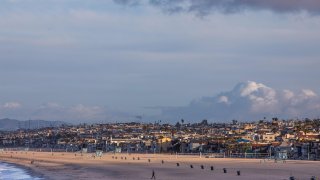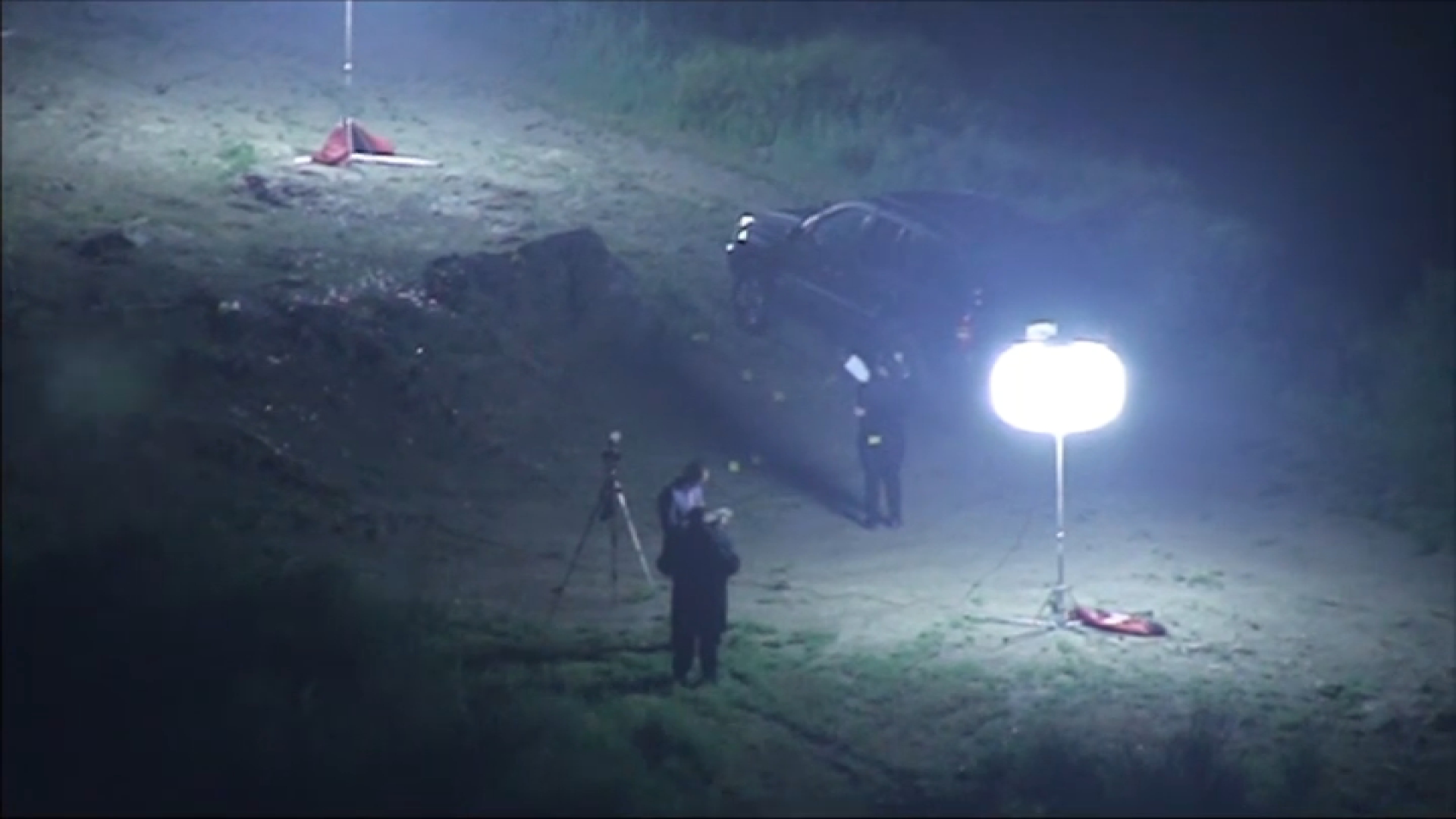
The U.S. Supreme Court ruled Wednesday that fifth-grade teachers at two religious elementary schools in the South Bay were "ministers'' who were not entitled to assert discrimination claims against their employers.
The cases, Our Lady of Guadalupe School v. Morrissey-Berru and St. James School v. Biel, considered how broadly the "ministerial exception'' -- which prohibits courts from deciding certain employment disputes brought by ministers -- applies to teachers at religious schools.
The 7-2 ruling strengthened the exception the nation's high court found in 2012 that protects religious organizations from certain employment lawsuits. Justices Sonia Sotomayor and Ruth Bader Ginsburg dissented, saying the decision gave religious employers "free rein to discriminate.''
A spokeswoman for the Archdiocese of Los Angeles called the ruling "a momentous day for religious liberty and for Catholic education.''
In the first case, Agnes Morrissey-Berru sued Our Lady of Guadalupe school in Hermosa Beach for age discrimination after her teaching contract wasn't renewed when she was in her 60s.
The second plaintiff, Kristen Biel, sued St. James School in Torrance when -- after disclosing that she was being treated for breast cancer -- the school failed to renew her contract. Biel claimed that the school had discriminated against her because of her illness, but the district court agreed with the school that Biel's lawsuit was barred by the ministerial exception.
Biel died last year at age 54 after a five-year battle with the disease.
Local
Get Los Angeles's latest local news on crime, entertainment, weather, schools, COVID, cost of living and more. Here's your go-to source for today's LA news.
Both suits were initially dismissed by Los Angeles federal judges, but an appeals court revived them.
Writing for the majority, Justice Samuel Alito stated that the Archdiocese of Los Angeles, where both of the fired South Bay teachers worked, considers its teachers to be "responsible for the faith formation of the students in their charge each day,'' and thus deserving of the ministerial exception.
Archdiocese spokeswoman Adrian M. Alarcon said the "threat of government intervention in our schools and in decisions about who may or may not teach the faith to our students went to the very heart of the mission of Catholic education. But today, we are blessed that the Supreme Court of the United States has confirmed that Catholic schools have the right to choose who may teach the faith.''
She said Catholic schools are "a core ministry of the church, dedicated to the great responsibility of forming the faith of Catholic students. That is why we are so grateful today that the court has protected the integrity and vital independence of religious schools.''
The American Civil Liberties Union filed an amicus brief in the case, urging the court to recognize both the rights of religious institutions and the nondiscrimination interests that employees of religious schools have.
"The Supreme Court had an opportunity to adopt a robust and nuanced test to govern these disputes, one that would have preserved religious institutions' ability to choose their ministers while also protecting the vast majority of employees from invidious discrimination,'' said Daniel Mach, director of the ACLU Program on Freedom of Religion and Belief. "Instead, the court appears to defer largely to the say-so of schools, essentially offering them a rubber stamp for discrimination.''



